A British Picture: An Autobiography
£19.00
With a foreword by Melvyn Bragg. The updated autobiography of Britain’s most controversial film director. Moving with astonishing assurance through time and space, Russell recreates his life in a series of interconnected episodes – his 30s childhood in Southampton, his first sexual experience (watching Disney’s Pinocchio), his schooldays at the Nautical College, Pangbourne and early careers in the Merchant Marines and the Royal Air Force. Full of marvellously funny anecdotes and fascinating insights, this is a remarkable autobiography.
Read more
Additional information
| Publisher | SOUTHBANK PUBLISHING, Revised edition (20 July 2008) |
|---|---|
| Language | English |
| Paperback | 296 pages |
| ISBN-10 | 1904915329 |
| ISBN-13 | 978-1904915324 |
| Dimensions | 15.24 x 2.54 x 22.86 cm |



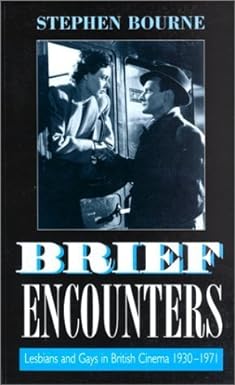
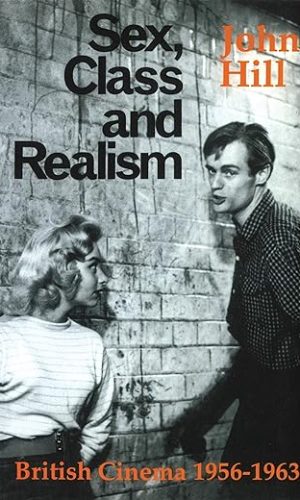
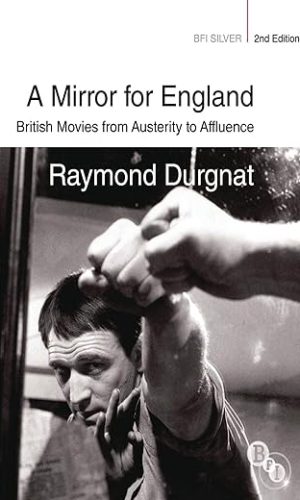
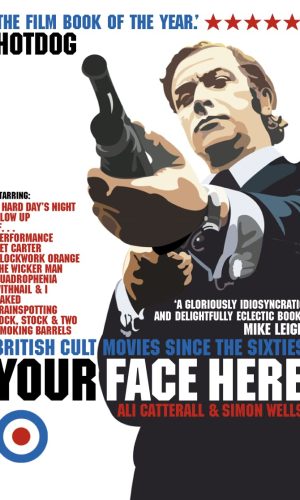
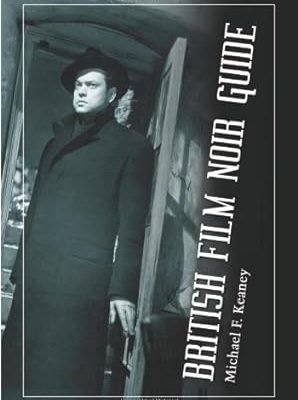
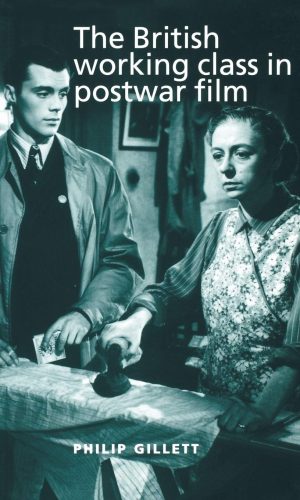

by Nicholas Casley
This is a review of the revised 2008 edition of a book that was originally published in 1989. It has an additional eighteenth chapter, in which Ken Russell brings the story of his life up to the millennium, ‘Celebrity Big Brother’, and his last film ‘Boudicca Bites Back’. It comes with an awful foreword by Melvyn Bragg, clearly written in a hurry, and in sharp contrast to the engaging, witty, and well-formed prose of Mr Russell.
Russell’s writing style is further enhanced by his employment of memorable metaphors, but the structure of this autobiography is like that of the London tube-map: we might start and end on life’s Central Line, but expect to change midway onto the Northern Line with diversions too to the likes of Cockfosters, Shepherds Bush, and Wapping. It’s an interesting ride!
And it’s a bit of a rollercoaster too in terms of detail, for as he himself tells us, “Just as I pack a person’s life into ninety minutes of celluloid, so I’ve just packed the activities of several months into a few minutes. You don’t want a second-by-second account of my life, surely? You’d be sitting there for sixty years and, heaven knows, we’re all pushed for time.”
Many will want to learn more about the films he made, both on screen and behind the camera, but I found his reminiscences of early childhood and adolescence of much value too. There are clearly gaps in his coverage, but whether this is because he did not want to hurt his family, or it was too painful for him to relate is not known.
Alas, there are no illustrations, so we don’t get sight of his young “gorgeous bronzed legs” that so entranced the ship’s captain, legs that shifted “languorously from one foot to the other, day after day in the tropical heat.” But we do get a filmography. However, what is truly inexcusable for a book of this nature is the lack of an index.
by gustavus
Those who detest Ken Russell’s films will find their deepest prejudices reinforced by this 1990 autobiography, and even his keenest admirers will end up wondering if his detractors weren’t right about him after all. The book is a Russell movie in print form, loud, vulgar, self-indulgent, irritating and, very sizeable warts and all, fascinating. It was ever Russell’s way to make films about other people to tell us about himself. This book resembles his 1974 biopic “Mahler” in construction, hopping about friskily in time from a 1976 opening, where the 49-year-old terrible infant is trying desperately to finish “Valentino” during the final break-up with wife Shirley, whilst also coping with the news that his long-unseen mother has been committed to a home as senile by his unloving dad. We return to this situation repeatedly as the narrative diverges into a non-chronological account of Russell’s life – his miserable youth as a naval cadet, his career at the BBC, his unhappiness directing his flop cinema debut (“French Dressing” in 1964) and his emergence as a big-time player as the 70s began. He shows few self-analytical skills and is none too keen on self-criticism – but he sure reveals himself. This is the memoir of an arrogant man who takes offence easily and never forgets a slight. Condescending towards his working-class parents, seemingly indifferent to the many children of his 21-year first marriage, riven with hostility at work (David Puttnam, Paddy Chayefsky and Kathleen Turner all get savaged), Russell seems, as he says at the outset, a man without friends, but his worst venom is reserved for Shirley. Her brilliant work as costume designer on all his films up to “Valentino”, and later on “Chariots Of Fire”, “Reds” and many others, rates only a few words; instead we get relentless disparagement, and, though he says she looked like Audrey Hepburn, she’s made to seem like one of the monster women so profusely found in his films – devouring (Sara Kestelman in “Lisztomania”), deceitful (Amanda Donohoe in “The Rainbow” or Helen Mirren in “Savage Messiah”), a shrieking virago (Antonia Ellis in “Mahler”), catty and domineering (Glenda Jackson in almost any of her films for him). This contrasts with his portrait of his much-younger second wife, Viv, a cross between Twiggy in “The Boy Friend” and Blair Brown in “Altered States”. It’s frankly embarrassing how much Ken gushes about Viv, and he implies that, though he didn’t stick with his family, the BBC, Roman Catholicism or Shirley, this time it’s for real. About a year after this book came out, Viv dumped him, and, with his movie career in tatters, he went on to two more marriages before dying at 84, decades after his best work. Well, no-one said film directors had to be nice guys, and Russell did direct some of the most vigorous, provocative, imaginative cinema produced in Britain over the last fifty years. But he also made a good deal of god-awful, vulgar, splenetic rubbish, with both extremes often manifested in the same film (or even the same scene). This book shows us a boorish, hypocritical, small-minded, resentful, snobbish buffoon. He may have thought of himself as resembling Alan Bates in “Women In Love”, but one is left wondering if he wasn’t more like Anthony Perkins in “Crimes Of Passion”.
by Nazzaro Giona Antonio
The book is in WAY better shaped than described. Excellent price-quality ! Will be back.
by Numero Uno
Autobiographies written by celebrities can be very flat and prosaic, starting out dutifully with the origins of the parents before moving step by step through schooling and career to the triumphs of the author’s career spiced up with a few portraits of great people he or she has met.
This is very much not the case with Ken Russell’s book: he plunges into the heart of his story, using flashbacks to tell of his parents and childhood. He has a strong visual sense, as one might expect of a film-maker, and this makes his prose very vivid. He knows exactly when to cut to another scene so that one is never bored and has a fine sense of humour.
Though generally considered something of an ‘enfant terrible’, he explains that many of what are perceived as excesses in his films were in fact imposed by producers. It is also interesting to see how a film grows from the first draft of a script.
Russell has a very deep love and knowledge of classical music. There are some particularly fine pages evoking the spirit of Elgar while on a visit to the Malvern Hills. On another occasion he is inspired by a violent thunderstorm to put on a record of Bruckner’s Eighth symphony, which sheds new light on the piece.
Another highlight is of climbing a peak in the Lake District with his second wife. It is so vivid as to be almost frightening as the climb turns out more perilous than either of them expected.
Russell is touchingly, and unexpectedly modest, speaking with complete frankness of failures and disappointments. Reasons for his enduring shyness may be found in the awful experiences he had as a thirteen-year-old in the army cadets and later in the navy. He is not the first writer to make one wonder how any war was ever won by armed forces run by such dreadful officers in such dreadful conditions.
There are several “laugh-out-loud” scenes, including one where Russell finds himself “stark bollock naked” and locked out of his room in a long hotel corridor, dying for a pee.
Definitely worthwhile.